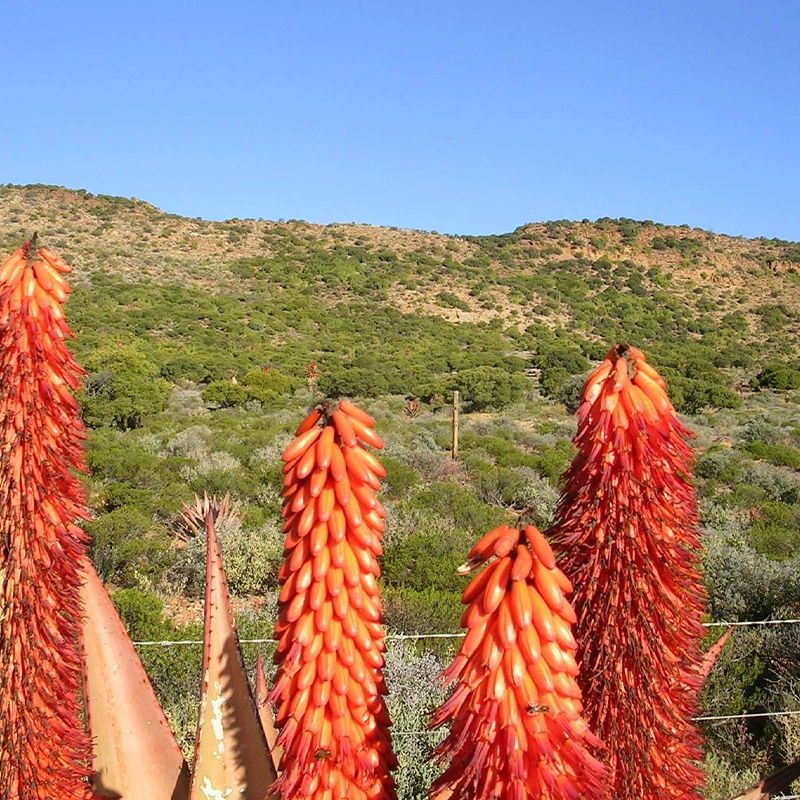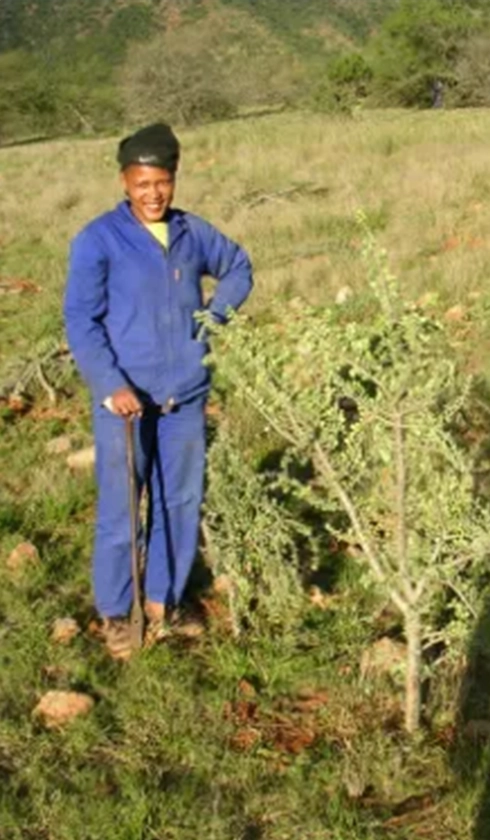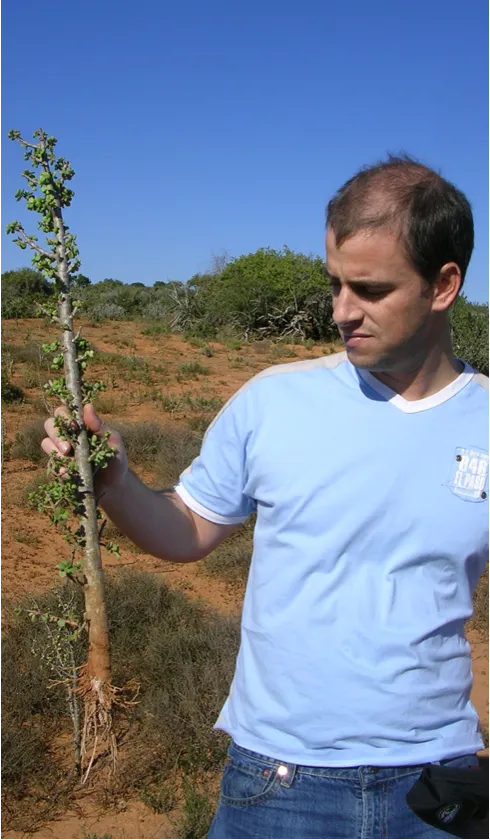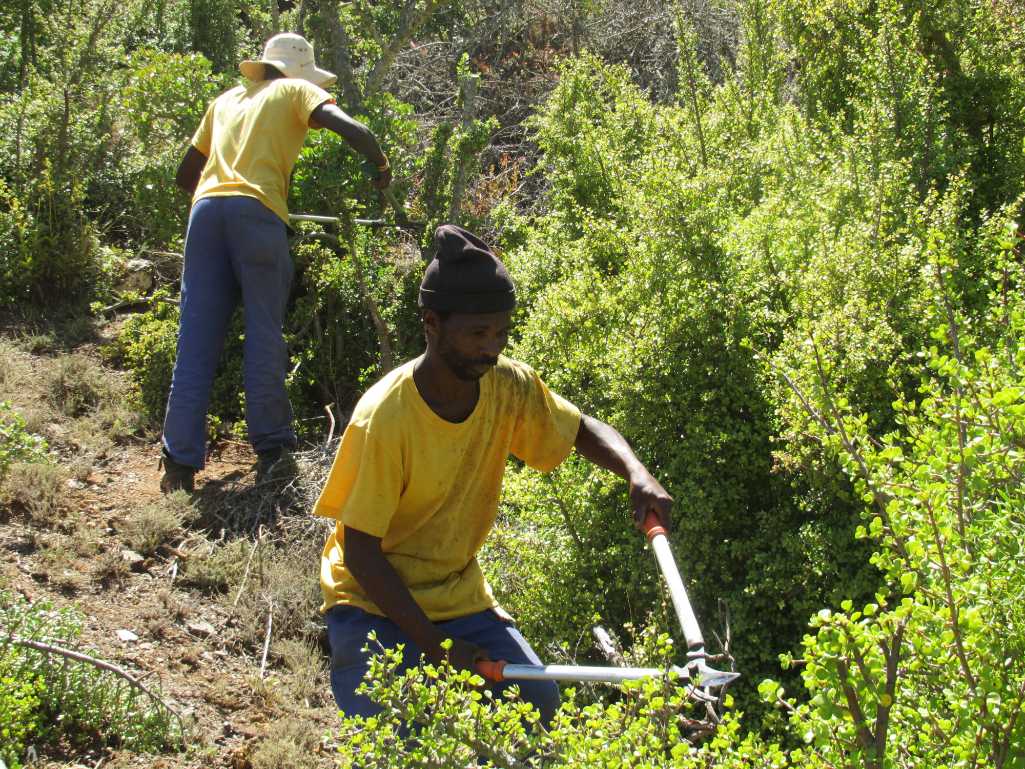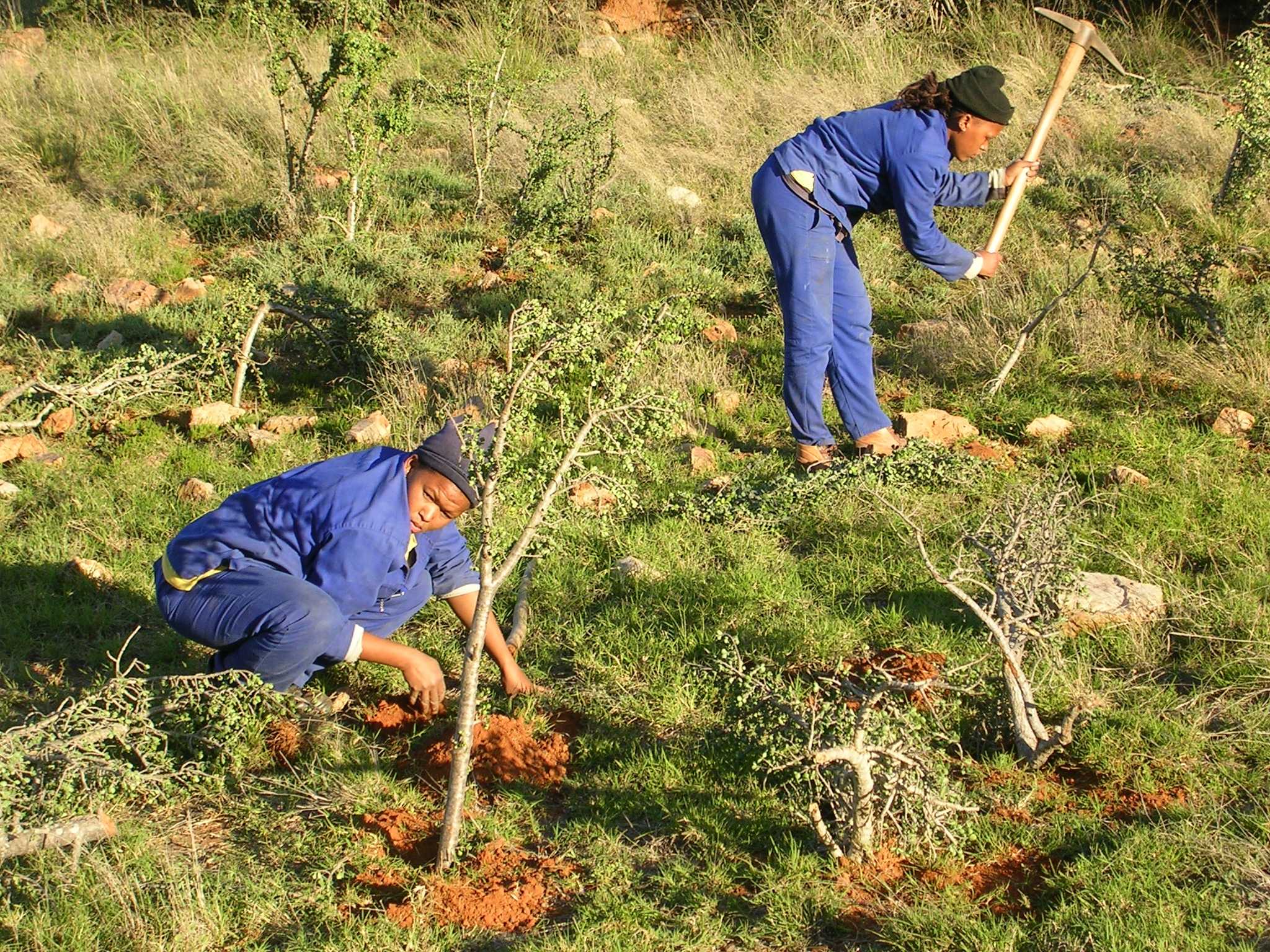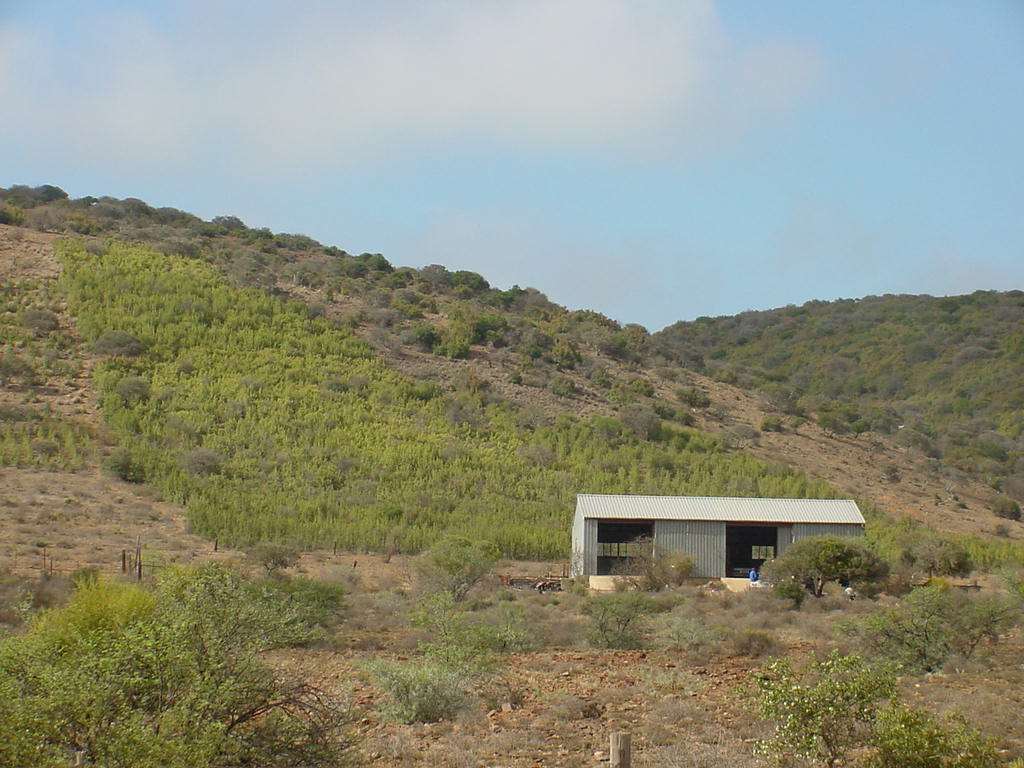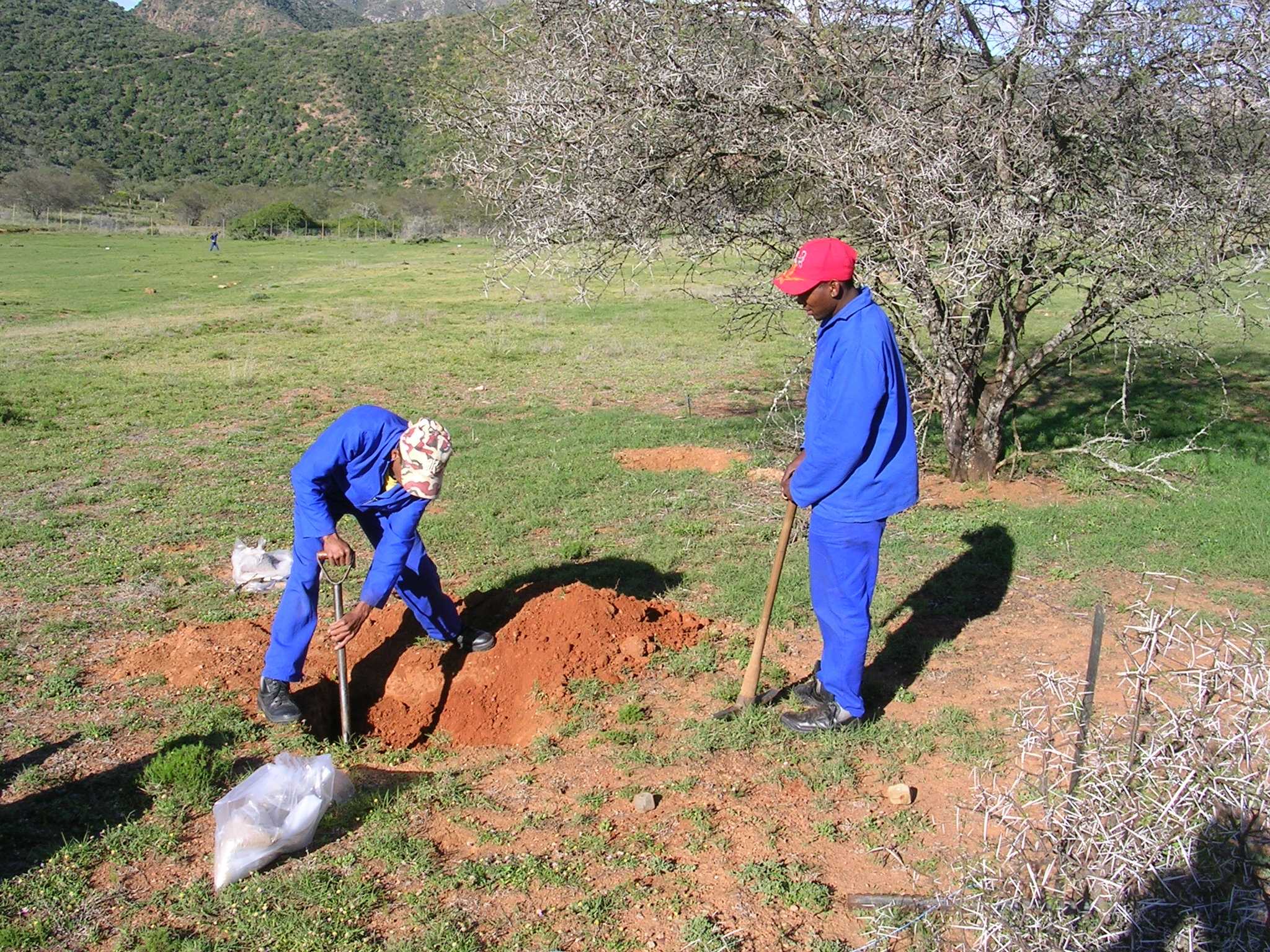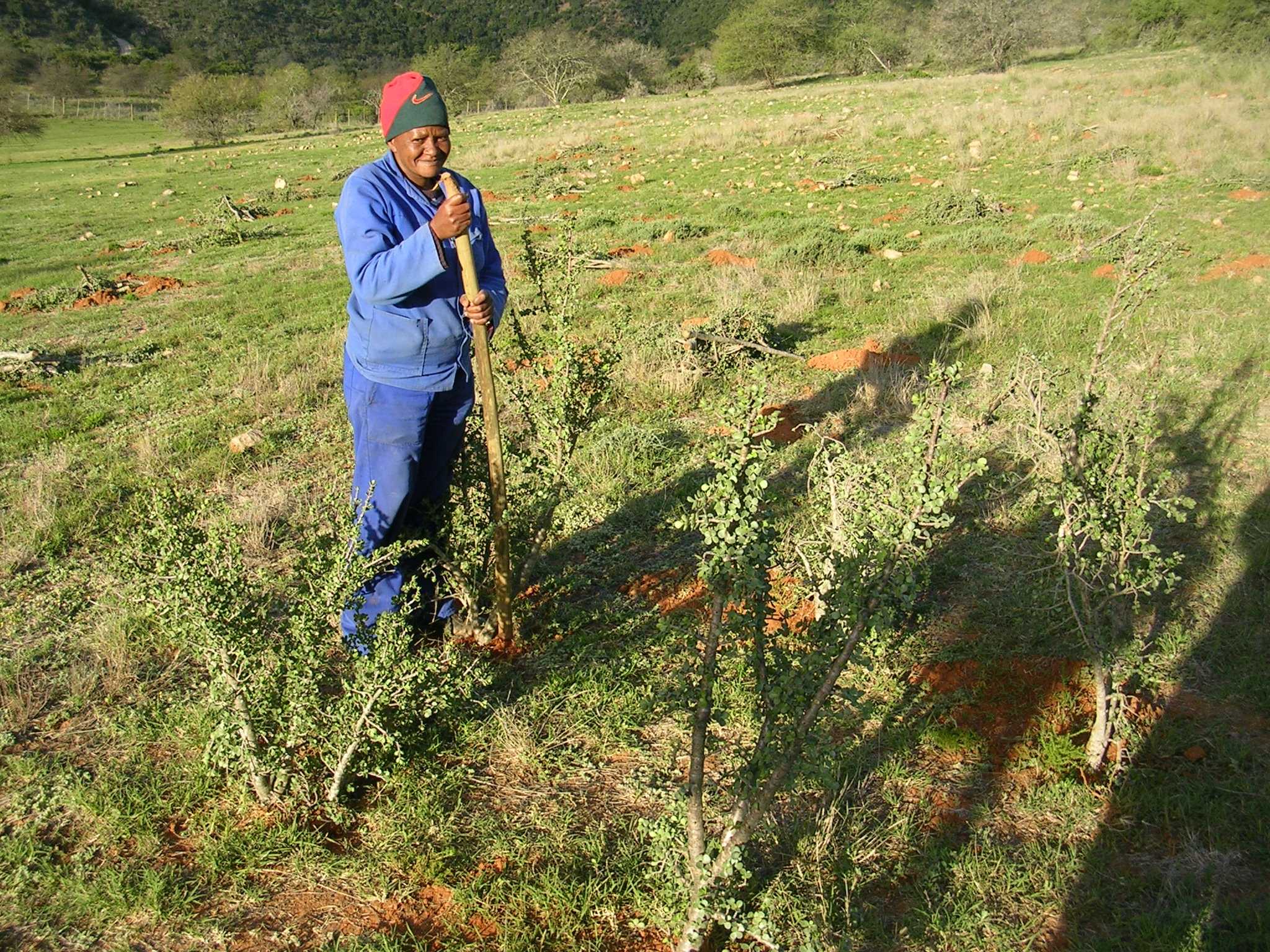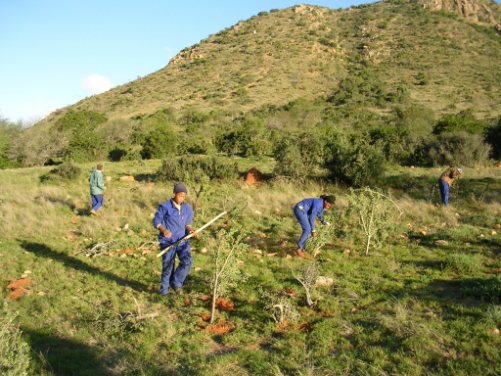AfriCarbon
Services
The Working for Woodlands programme aims to catalyse the private sector into investing in the restoration of hundreds of thousands of hectares of what was previously spekboom-rich thicket.
Such a vision can easily be achieved on the back of local and international carbon markets, but only if rigorous science underpins the restoration process. The rigorous science is required firstly to identify the appropriate landscapes for planting of spekboom cuttings and secondly to quantify carbon stocks accurately through time.
To this end, AfriCarbon has been conducting scientific research on carbon stocks in spekboom-rich thicket for the past decade and since 2003 has been developing protocols for restoring thicket within the Working for Woodlands programme. In addition, AfriCarbon has developed financial models for restoration projects and undertaken extensive research into the local and international carbon markets, with a view to trading carbon sequestered during the restoration process.

AfriCarbon is consequently uniquely positioned to provide the following services to landowners:
design of a carbon sequestration project in degraded thicket, including the restoration protocols suitable for different soil types and landscapes;
development of a project document to enable the generation of carbon credits for sale in the voluntary market and to be used for offsetting against the carbon tax in South Africa;
measurement of baseline carbon stocks in soils and biomass;
monitoring of changes in carbon stocks in soils and biomass during the restoration process;
facilitating the validation and verification of the carbon credits generated;
and selling the carbon credits on the local or international market.
enable landowners to achieve economies of scale;
mimimize transaction costs;
enable carbon credits to be marketed in large bundled packages.

